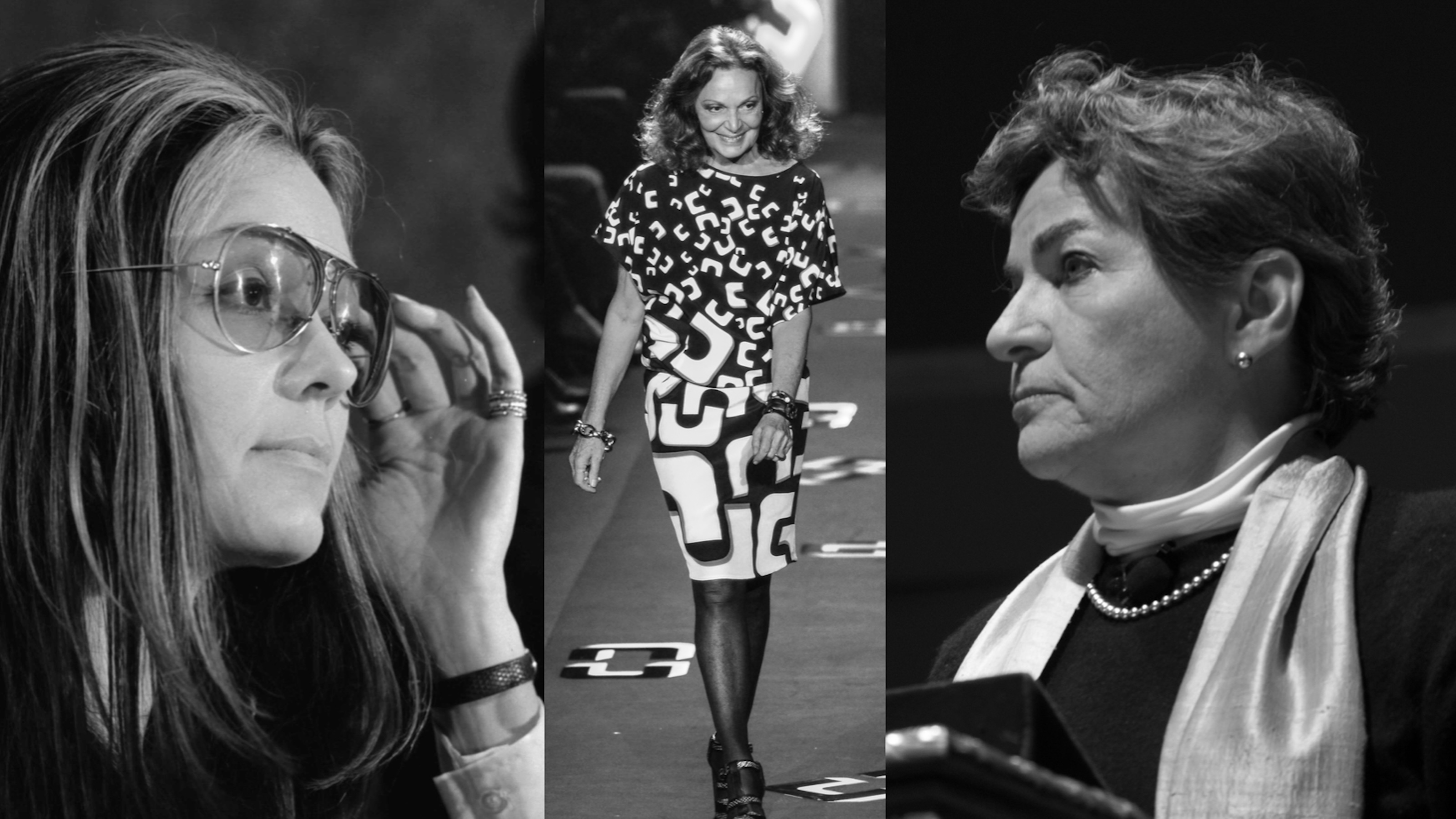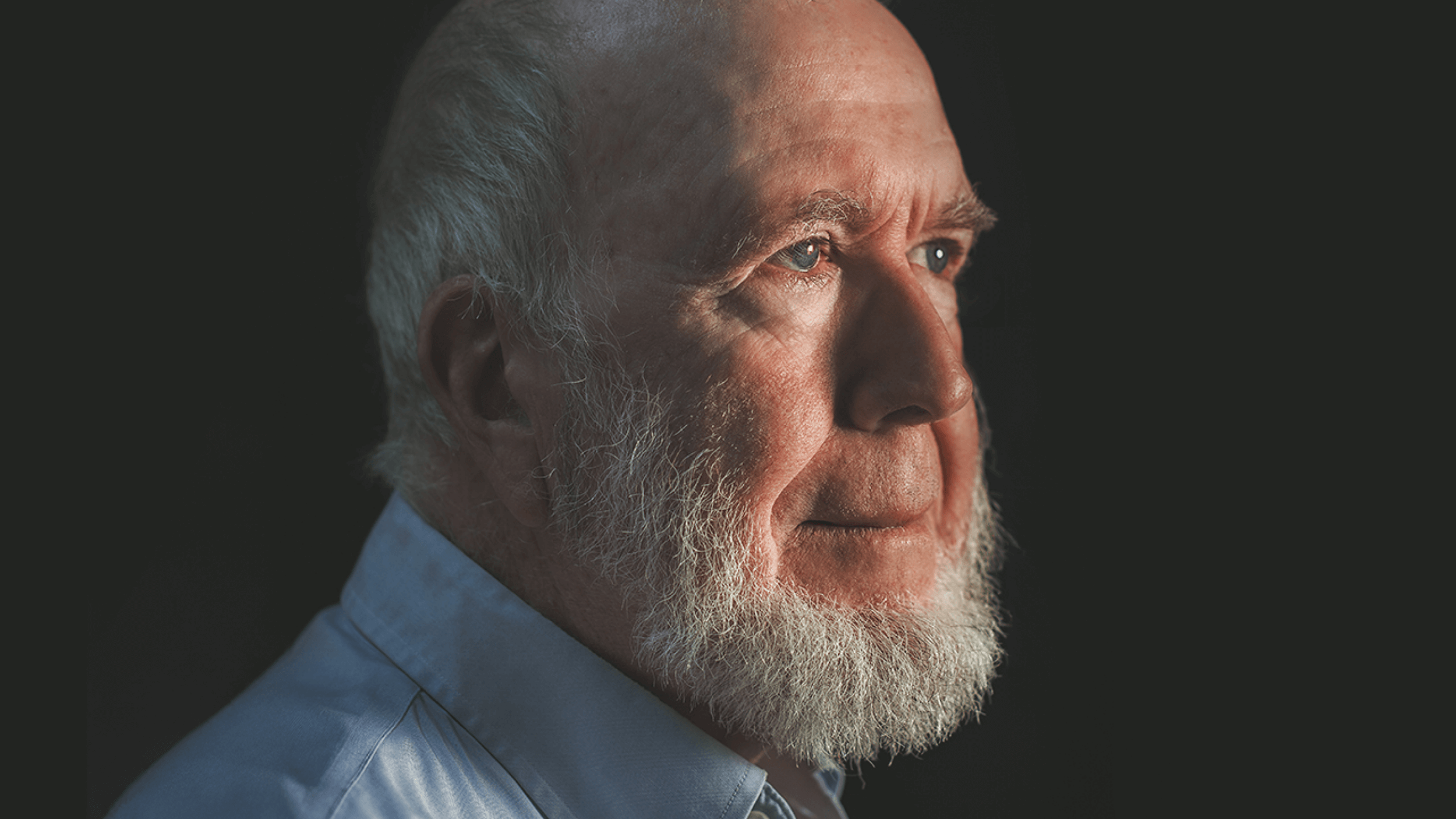James Randi is the founder of the James Randi Educational Foundation (JREF). Randi began his career as a magician, but when he retired at age 60, he switched to investigating[…]
Sign up for the Smarter Faster newsletter
A weekly newsletter featuring the biggest ideas from the smartest people
Conjurers perform skillful tricks, not miracles. But when the magician first saw one of his idols perform, he wasn’t sure whether he was seeing “a demon or an angel.”
Question: When did you first fall in love with magic?
rn
rnJames Randi: Well, let’s get some definitions going first of all.rn I prefer to call it "conjuring" because magic would be controlling rnnature by means of spells and incantations and I’ve tried spells and rnincantations. They don’t work. You’ve got to use tricks, you see. So,rn conjuring is approximating the effects of what would be a genuine magicrn miracle of some kind. So, with that definition in mind, I got rninterested in magic; I was one of those unfortunate kids, I was a child rnprodigy. And believe me that is an unfortunate circumstance. I had a rnvery unhappy time of it and I was born and raised in Toronto, Canada andrn I stayed out of public school because I didn’t need it. I was rnself-educated. And so I took a trip to the Casino Theater on Queen rnStreet in Toronto, Canada, many, many years ago. Just a little guy, rnabout so big. I guess I was about 12 or so at the time. And I saw a rnmagician. Oh, man, that got my attention. I figured maybe that’s rnsomething I could know something more about.
rn
rnUp until then, I was going to be a chemist or an archeologist; one or rnthe other. I didn’t know. But archeology and chemistry lost me to the rnart of conjuring and I immediately took it up and learned a few things rnand here I am.
rn
rnQuestion: Which magicians did you admire growing up?
rn
rnJames Randi: Well, the magician I saw at that theater on that rnWednesday afternoon matinee was Harry Blackstone, Sr. A rather short rngentleman dressed in tails with busy white hair and a bit of a lisp. Hern spoke like this, more or less. And he was wonderful. He was a giant. rn He was... well, either a demon or an angel, I wasn’t quite sure. But rnhe could do wonderful things and it really got my attention. And from rnthen on, I started to meet the other people in the business all the way rnup to Blackstone, Jr., who was his son and took over the trade after hisrn father died. And both of them are now deceased unfortunately, and I rnmiss both of them.
Recorded April 16th, 2010
Interviewed by Austin Allen
rn
rnJames Randi: Well, let’s get some definitions going first of all.rn I prefer to call it "conjuring" because magic would be controlling rnnature by means of spells and incantations and I’ve tried spells and rnincantations. They don’t work. You’ve got to use tricks, you see. So,rn conjuring is approximating the effects of what would be a genuine magicrn miracle of some kind. So, with that definition in mind, I got rninterested in magic; I was one of those unfortunate kids, I was a child rnprodigy. And believe me that is an unfortunate circumstance. I had a rnvery unhappy time of it and I was born and raised in Toronto, Canada andrn I stayed out of public school because I didn’t need it. I was rnself-educated. And so I took a trip to the Casino Theater on Queen rnStreet in Toronto, Canada, many, many years ago. Just a little guy, rnabout so big. I guess I was about 12 or so at the time. And I saw a rnmagician. Oh, man, that got my attention. I figured maybe that’s rnsomething I could know something more about.
rn
rnUp until then, I was going to be a chemist or an archeologist; one or rnthe other. I didn’t know. But archeology and chemistry lost me to the rnart of conjuring and I immediately took it up and learned a few things rnand here I am.
rn
rnQuestion: Which magicians did you admire growing up?
rn
rnJames Randi: Well, the magician I saw at that theater on that rnWednesday afternoon matinee was Harry Blackstone, Sr. A rather short rngentleman dressed in tails with busy white hair and a bit of a lisp. Hern spoke like this, more or less. And he was wonderful. He was a giant. rn He was... well, either a demon or an angel, I wasn’t quite sure. But rnhe could do wonderful things and it really got my attention. And from rnthen on, I started to meet the other people in the business all the way rnup to Blackstone, Jr., who was his son and took over the trade after hisrn father died. And both of them are now deceased unfortunately, and I rnmiss both of them.
Recorded April 16th, 2010
Interviewed by Austin Allen
▸
35 min
—
with






